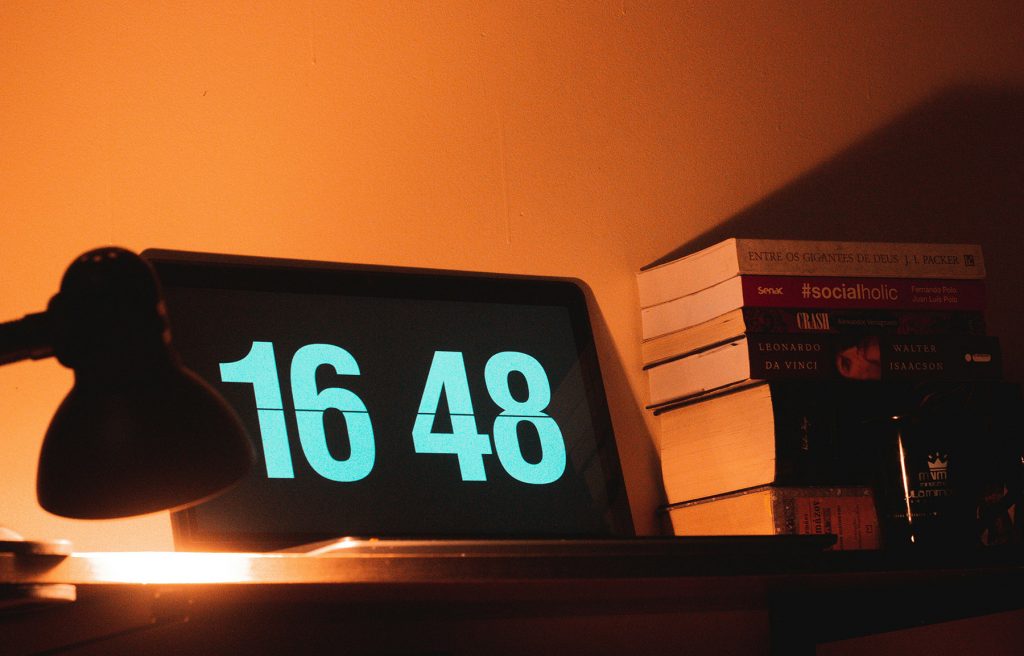Your sleep score is a numerical representation of your sleep quality, reflecting various factors such as duration, restfulness, and sleep cycles. By monitoring this score, you can gain valuable insights into how well you’re sleeping and what improvements can be made. Many sleep tracking devices and apps simplify this process, allowing you to retrieve detailed data about your sleeping patterns.
Why Tracking Your Sleep Score is Important
Maintaining a healthy sleep score is vital for overall physical and mental well-being. Studies reveal that quality sleep is crucial for:
-
Enhancing cognitive functions like memory and concentration
-
Reducing the risk of chronic diseases, such as cardiovascular issues and diabetes
-
Improving mood and emotional resilience
-
Boosting metabolic health and aiding in weight management
How to Track Your Sleep Score
There are various methods and tools available for tracking your sleep score:
1. Sleep Tracking Devices
Wearable devices like smartwatches or fitness trackers (e.g. Fitbit, Apple Watch, Garmin) are popular choices. These devices record your movement and heart rate throughout the night, providing comprehensive insights into your sleep cycles, including light, deep, and REM sleep phases.
2. Sleep Apps
Smartphone applications like Sleep Cycle and Pillow allow you to input your sleep habits and track your sleep score. They can analyse audio for snoring and environmental sounds, which can disrupt sleep. Some apps also offer personalised sleep coaching based on your tracking data.
3. Sleep Journals
A more traditional method is keeping a sleep journal where you note the time you went to bed, woke up, and any notable events during the night. This approach provides a qualitative perspective on your sleep habits that can complement data from apps and devices.
Key Factors That Affect Your Sleep Score
To effectively improve your sleep score, it’s essential to understand the various factors influencing sleep quality:
1. Sleep Duration
The average adult requires about 7–9 hours of sleep per night. Consistently falling short can lead to sleep deprivation, negatively impacting your score. Set a regular bedtime to ensure sufficient sleep.
2. Sleep Quality
Duration is important, but so is uninterrupted, restful sleep. Frequent awakenings or difficulty staying asleep will lower your sleep score. Aim for deep, continuous rest by fostering a supportive sleep routine.
3. Sleep Environment
Your bedroom plays a significant role in sleep quality. Key factors include:
-
Darkness: Use blackout curtains to eliminate light
-
Noise: Use white noise machines or earplugs if needed
-
Temperature: Keep your room cool (between 15–20°C)
-
Comfort: Choose a mattress and pillows that suit your sleep style
4. Sleep Schedule
Maintaining a consistent sleep and wake time every day helps regulate your internal body clock. Irregular schedules can disrupt your natural rhythms and lower your sleep score.
Tips to Improve Your Sleep Score
Improving your sleep score involves healthy sleep habits and supportive lifestyle changes:
1. Establish a Relaxing Bedtime Routine
Create a calming pre-sleep routine that signals it’s time to unwind. Try reading, meditating, or taking a warm bath to promote relaxation and ease into sleep.
2. Limit Screen Time
Blue light from phones and screens can disrupt melatonin production and delay sleep. Avoid screens at least one hour before bed, or use blue light filters if necessary.
3. Be Mindful of Food and Drink
Avoid large meals, caffeine, and alcohol in the hours before bed. These can interfere with your ability to fall or stay asleep. If you’re hungry, opt for a light snack such as a banana or a small bowl of oats.
4. Exercise Regularly
Engage in at least 30 minutes of moderate exercise most days of the week. Physical activity helps regulate your sleep cycle—but avoid intense workouts too close to bedtime.
5. Manage Stress and Anxiety
Stress and anxiety are leading causes of poor sleep. Use mindfulness, yoga, journaling, or deep breathing exercisesto calm the mind before bed.
Monitor Your Progress
Once you begin making changes, tracking progress helps you refine your sleep strategy:
1. Regularly Check Your Sleep Score
Use your sleep tracking app or device to monitor trends. Focus on long-term improvements, not just nightly changes. This helps you identify what’s working and what needs adjustment.
2. Adjust Your Strategies as Needed
If your sleep score isn’t improving, try adjusting your approach. Everyone’s sleep needs are different, so trial and error is often necessary to find what works best for you.
When to Seek Professional Help
If your sleep score remains low and you’re consistently experiencing poor-quality sleep, it may be time to consult a healthcare professional. Common conditions that may interfere with sleep include:
-
Insomnia – difficulty falling or staying asleep
-
Sleep apnoea – interrupted breathing during sleep
-
Restless leg syndrome – uncomfortable leg sensations disrupting rest
-
Circadian rhythm disorders – misalignment of your internal clock
A sleep specialist may conduct further assessments or recommend therapies like CBT-I (Cognitive Behavioural Therapy for Insomnia) or a sleep study to diagnose more serious issues.
Final Thoughts
Understanding your sleep score provides actionable insights into your sleep health. By evaluating your duration, quality, environment, and routine, you can take targeted steps to improve your sleep habits.
Whether you use wearable tech, apps, or a sleep journal, the key is consistency and self-awareness. Make small changes, track your progress, and don’t hesitate to seek help if needed. A higher sleep score not only leads to better rest—it supports your long-term health, productivity, and emotional well-being.
